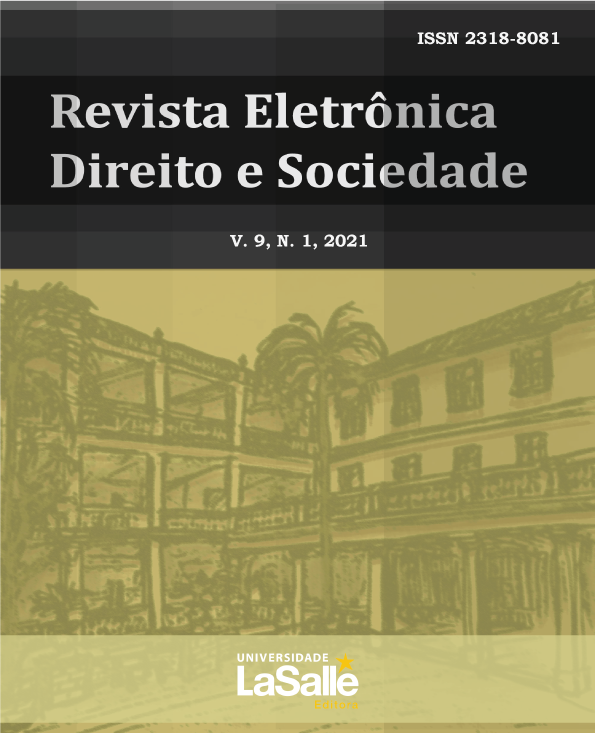Food Law: epistemological grounds for a legal branch
DOI:
https://doi.org/10.18316/redes.v9i1.6615Keywords:
Law, Food, EpistemologyAbstract
This article seeks to investigate the possibility of the existence of a brazilian Food Law. With a view to foreign legal experiences, e.g. United States of America and European Union, old social issues such as hunger, food safety, trade barriers, intellectual property, etc. could be dealt with a new structuring and centralized approach. To this end, based on a bibliographic review, privileging the inductive method as a strategy for obtaining conclusions, four aspects of this hypothetical Food Law will be addressed, namely: the historical background, which contextualize the emergence of this new legal branch; its material object, through standardized definitions of food; with due repercussions on the autonomy of its epistemological statute; and brazilian legislative policy, as the elementary component of this new discipline.
Downloads
Published
Issue
Section
License
Authors who submit their manuscripts for publication in the “REDES” Magazine agree to the following terms:
The authors claim to be aware that they retain copyright by giving “REDES” the right to publish.
The authors declare to be aware that the work submitted will be licensed under the Creative Commons Non-Commercial Attribution License which allows article sharing with acknowledgment of authorship and publication in this journal.
The authors declare to be aware that by virtue of the articles published in this journal have free public access.
The authors declare, under the penalty of the law, that the text is unpublished and original and that they are aware that plagiarism has been identified, plagiarized authors will be informed - willingly, to take legal action in the civil and criminal sphere - and, plagiarists will have their access to the magazine blocked.
The authors state that - in case of co-authoring - all contributed significantly to the research.
Authors are obliged to provide retractions and (or) corrections of errors in case of detection.
The authors are obliged not to publish the text submitted to “REDES” in another electronic journal (or not).
The Electronic Journal Law and Society - REDES - is licensed under a Creative Commons License. Attribution-NonCommercial 4.0 International.Based on work available at "http://revistas.unilasalle.edu.br/index.php/redes/about/submissions#copyrightNotice".
Permissions in addition to those granted under this license may be available at http://creativecommons.org/.

